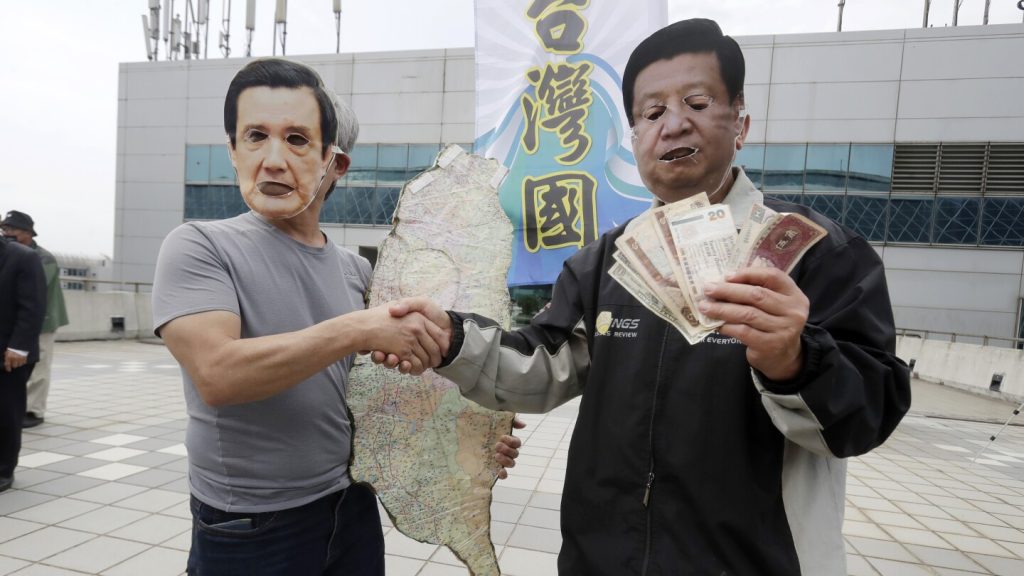Ma’s visit to China comes at a time of heightened tensions between the two sides, as Beijing has previously threatened to use military force against Taiwan to achieve unification. However, Ma’s trip, which focuses on building social and cultural links, highlights the continued interactions in education, business, and culture between Taiwan and China. Ma, who held a historic meeting with Chinese leader Xi Jinping in 2015, is now visiting Beijing with speculation that he may meet with Xi during his 11-day trip. Despite the political differences between the two sides, there remains a level of openness from Xi toward Taiwanese politicians who support the idea of a common Chinese nation.
Former Taiwanese President Ma Ying-jeou’s visit to China is significant as it follows the election of Vice President Lai Ching-te as Tsai Ing-wen’s successor in January. Lai, who is despised by Beijing for his opposition to unification, now leads the pro-independence Democratic Progressive Party. Ma’s Nationalist Party, on the other hand, has recovered a narrow majority in the legislature, indicating a complex political landscape in Taiwan. The meeting between Ma and Xi in 2015, which was the first between the leaders of China and Taiwan in over half a century, did not lead to significant outcomes. However, Ma’s current visit to China signals ongoing efforts to maintain dialogue and engagement between the two sides.
The possibility of a meeting between Ma and Xi in Beijing raises questions about the potential outcomes and implications for cross-strait relations. While Taiwanese citizens are largely opposed to political unification with China, the island has been strengthening its military relations with allies such as the U.S. and Japan. Taiwan’s strategy of maintaining close economic ties with the mainland while bolstering its defense capabilities reflects its efforts to balance political independence with economic interdependence. Ma’s visit may offer an opportunity to discuss key issues and concerns, including regional security, economic cooperation, and cultural exchanges.
The involvement of Ma’s foundation in organizing the trip underscores the importance of civil society in promoting people-to-people exchanges between Taiwan and China. By focusing on education, business, and cultural activities, Ma’s visit aims to enhance mutual understanding and deepen ties between individuals on both sides of the Taiwan Strait. Despite the political differences and historical animosities, initiatives like these play a crucial role in fostering goodwill and building bridges between the people of Taiwan and China. The relationships forged through such interactions can contribute to peace and stability in the region, providing a counterbalance to the uncertainties and tensions in cross-strait relations.
As Ma continues his visit to China and potentially meets with Xi, the international community will be watching closely for any signals or developments that could impact regional dynamics. The complex relationship between Taiwan and China, characterized by historical grievances and competing political aspirations, remains a key flashpoint in East Asia. Ma’s role as a former president and influential figure in Taiwanese politics adds weight to his interactions with Chinese leaders, highlighting the delicate balance of power and interests at play. Ultimately, the outcomes of Ma’s visit could have far-reaching implications for the prospects of peace, cooperation, and stability in the Taiwan Strait and beyond.


